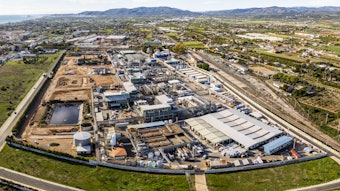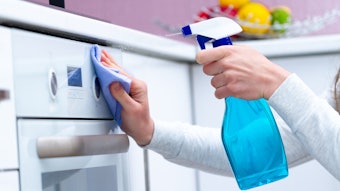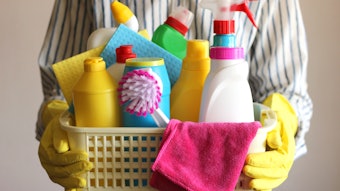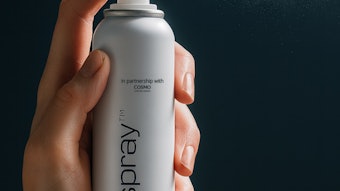
December marked the 10th anniversary of the end of the REACh pre-registration phase and the start of the registration phase. This is an important milestone, as the industry faces a final deadline particularly critical for aroma chemicals. Many aroma chemicals and raw materials for aroma chemicals fall into the volume band for 1-100/tonnes per year, and manufacturers now face the final requirements for registration by the deadline on May 31, 2018.
Regardless of your role in the supply chain, REACh should be a consideration in maintaining continuity of your materials. REACh is essentially a license to do business in Europe and has global implications for everyone in the industry. Products not registered by the May 31st deadline cannot be manufactured, imported or used as intermediates in the EU in excess of 1 tonne per year, regardless of whether they are used individually or in blends or preparations.
“As global leaders in a wide range of specialty flavor and fragrance ingredients, Emerald is partnering with customers, participating in key industry organizations to provide registration data (such as IFRA, RIFM), and working to register many widely used ingredients,” said Steven Roth, Ph.D., business development manager at Emerald Kalama Chemical. “Fragrance houses can have several thousand active ingredients, many of which are specialty materials subject to the May 31 deadline, so this is not only a critical stage for ingredient manufacturers, but also the fragrance industry across the supply chain. Ingredients that are not registered in time can necessitate costly and time-consuming reformulation activities.”
SIEFs for specialty ingredients may face additional registration challenges versus large-volume products. For example, there may be less existing data for specialties and therefore more gaps to be filled for registration. The transparent and cooperative nature of SIEFs allows manufacturers to work together to reduce the use of animals in testing and the costs of data generation.
“By mandating that appropriate data are available, REACh ensures needed diligence has been done to fully evaluate the hazards of a substance and protect consumers,” said Roth. “Further, because REACh gives ECHA authority in making determinations on hazards and hinges on collaboration, it has the potential to shape industry consensus about the safety of specific ingredients.”
Beyond the upcoming deadline, REACh will be integral to doing business in Europe. It will be a consideration in innovation, cost structure and product commercialization. Industry diligence is necessary to understand every possible use for materials and associated manufacturing and import volumes. Formulators outside the EU may have REACh obligations and should contact their suppliers to ensure compliance.
“Obviously, those directly involved with regulations are entrenched in REACh right now, but everyone in the industry who interfaces with it whatsoever must be aware of the continuing considerations,” said Roth. “That is why we have focused on reinforcing our expertise in REACh and other regulations, ensuring we have a thorough understanding of what is needed for compliance so that our customers and the fragrance industry are able to continue business as usual in Europe with confidence.”
For more information about specialty aroma chemicals and REACh, readers can contact Emerald at [email protected].
Disclaimer:
The above paid-for content was produced by and posted on behalf of the Sponsor. Content provided is generated solely by the Sponsor or its affiliates, and it is the Sponsor’s responsibility for the accuracy, completeness and validity of all information included. Perfumer & Flavorist takes steps to ensure that you will not confuse sponsored content with content produced by Perfumer & Flavorist and governed by its editorial policy.










